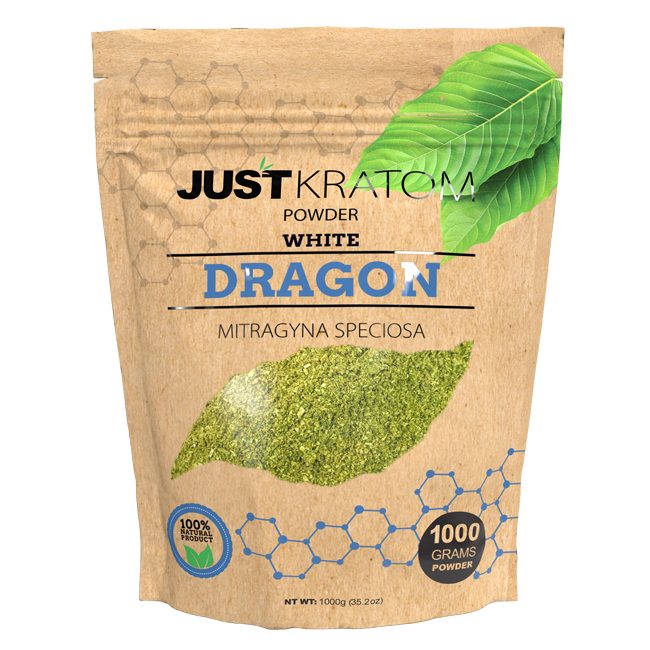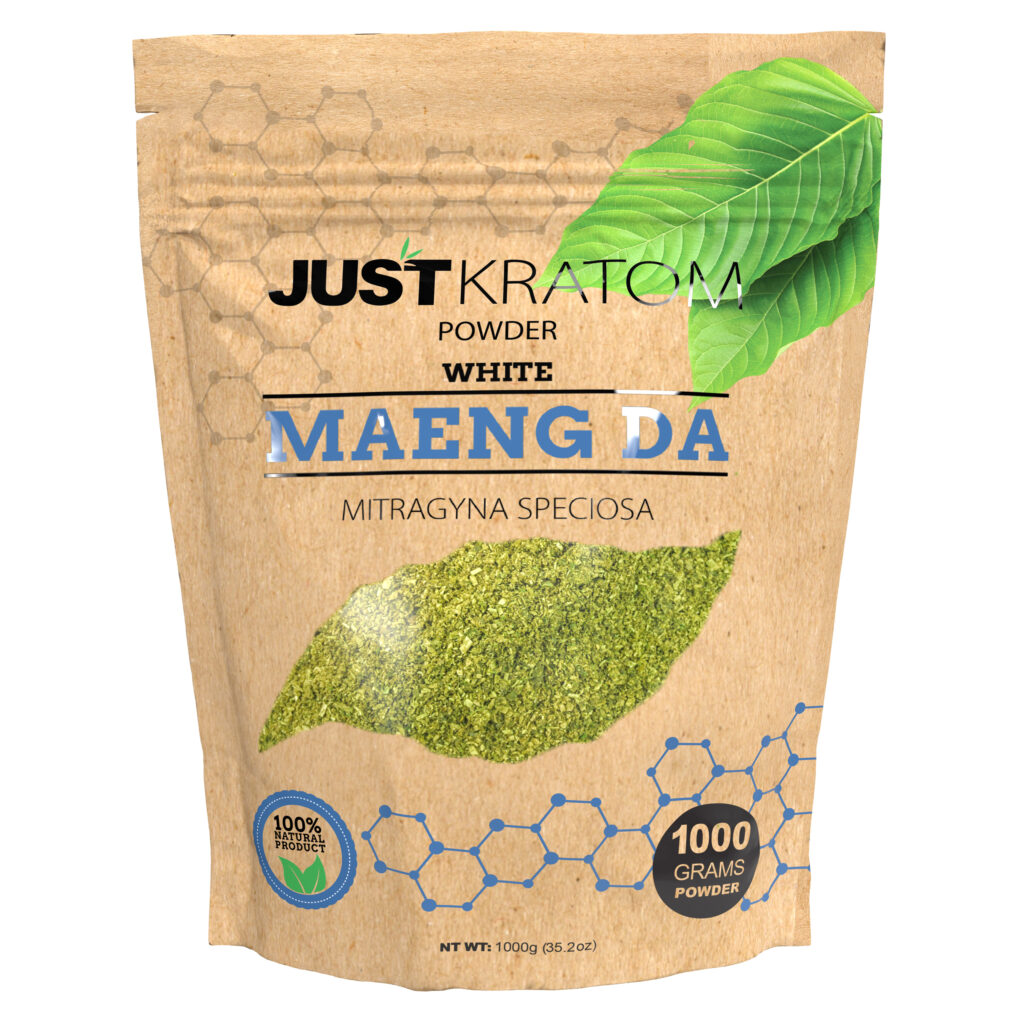Is Kratom Powder Safe? Risks And Side Effects Explained
Is Kratom Powder Safe?
Kratom, a tropical tree native to Southeast Asia, has gained popularity in recent years as a natural remedy for pain, anxiety, and fatigue. While proponents tout its potential benefits, concerns about kratom’s safety have also risen. This article delves into the potential risks and side effects associated with kratom powder consumption, exploring both its possible harms and its potential for abuse.
What is Kratom?
Kratom is a tropical evergreen tree native to Southeast Asia. Its leaves contain psychoactive compounds called mitragynine and 7-hydroxymitragynine, which are believed to produce effects similar to opioids, stimulants, and antidepressants. Kratom has been used traditionally for centuries in Southeast Asia as a pain reliever, energy booster, and mood enhancer.

Despite growing popularity, the long-term safety of kratom remains unclear. The FDA has issued warnings about potential dangers, citing reports of adverse effects such as nausea, vomiting, constipation, itching, seizures, and even death. Kratom can also be habit forming and lead to dependence, with withdrawal symptoms similar to those experienced with opioid addiction.
Furthermore, the quality and purity of kratom products vary widely, making it difficult to assess their safety. Contamination with heavy metals or other harmful substances is a risk, as kratom is not regulated by the FDA. Individuals with pre-existing health conditions, pregnant women, nursing mothers, and children should avoid kratom use due to potential risks.
How Does Kratom Work?
Kratom powder works by interacting with opioid receptors in the brain, producing effects ranging from pain relief and sedation to energy boosting and euphoria. At lower doses, it can act as a stimulant, while higher doses induce opioid-like effects.
However, the lack of regulation surrounding kratom products means there is no guarantee of potency or purity. Contamination with harmful substances poses a risk, and inconsistent dosing can lead to unpredictable outcomes.

Potential Benefits of Kratom Use
Kratom powder’s safety remains uncertain due to limited research and a lack of regulation. While some users report benefits like pain relief, energy enhancement, and mood elevation, potential risks exist.
Adverse effects reported include nausea, vomiting, constipation, itching, seizures, and in rare cases, death. Kratom can also be habit-forming and lead to dependence, with withdrawal symptoms similar to opioid addiction. The quality and purity of kratom products vary significantly, increasing the risk of contamination with heavy metals or other harmful substances.
Risks and Side Effects of Kratom
Kratom powder’s safety is a subject of ongoing debate. While some users report benefits like pain relief, energy enhancement, and mood elevation, potential risks are significant.
Adverse effects associated with kratom use include nausea, vomiting, constipation, itching, seizures, and in rare cases, death. Kratom can also be habit-forming and lead to dependence, with withdrawal symptoms similar to those experienced with opioid addiction. The lack of regulation surrounding kratom products means there is no guarantee of potency or purity. Contamination with harmful substances poses a risk, and inconsistent dosing can lead to unpredictable outcomes.
Individuals considering using kratom should carefully weigh the potential benefits against the risks. It is essential to consult with a healthcare professional before using kratom, particularly if you have pre-existing health conditions, are pregnant, nursing, or taking other medications.
Short-Term Side Effects
Short-term side effects of kratom powder can be varied and range from mild to severe. Common side effects include nausea, vomiting, constipation, itching, and dizziness. Higher doses may lead to more serious effects like seizures, rapid heart rate, and even respiratory depression.
It’s important to note that these effects can vary depending on the individual, the dose consumed, and the purity of the kratom product.
Long-Term Risks
Kratom powder’s long-term risks are not fully understood due to limited research and a lack of regulation. However, there is growing concern about potential adverse effects associated with chronic kratom use.
One significant risk is the development of dependence and addiction. Kratom can trigger the release of dopamine in the brain, leading to feelings of pleasure and reward. This can lead to repeated use despite negative consequences.
Withdrawal symptoms from kratom can be severe and include anxiety, insomnia, muscle aches, diarrhea, and intense cravings. These symptoms can resemble those experienced with opioid withdrawal, highlighting the potential for addiction.
Another concern is the potential for organ damage. Studies have suggested a possible link between long-term kratom use and liver injury, although more research is needed to confirm this association.
Furthermore, the long-term impact of kratom on mental health is unclear. Some users report experiencing mood swings, anxiety, or depression after prolonged use.
Withdrawal Symptoms
Kratom withdrawal symptoms can be uncomfortable and disruptive. They often begin within 24 hours of stopping kratom use and peak in severity around day 3 to 4. Symptoms typically subside within a week but may linger for several weeks.
Common withdrawal symptoms include: intense cravings, muscle aches, fatigue, anxiety, irritability, sweating, runny nose, insomnia, nausea, vomiting, diarrhea, and depression.
In some cases, more severe symptoms like seizures or suicidal thoughts can occur.
Interactions with Other Substances
Kratom’s interaction with other substances can be dangerous and unpredictable. It can potentiate the effects of alcohol, benzodiazepines, opioids, and other depressants, increasing the risk of overdose and serious health complications.

Combining kratom with these substances can lead to respiratory depression, coma, or death.
Furthermore, kratom can interact with certain medications, such as antidepressants, anticonvulsants, and blood thinners, potentially leading to adverse effects or reduced effectiveness of the medication.
It is crucial to avoid mixing kratom with any other substances, especially alcohol and prescription drugs, without consulting a healthcare professional.
Legal Status of Kratom
The legal status of kratom varies widely around the world. In the United States, it is legal at the federal level but has been banned or restricted in several states. Some countries have outright bans on kratom, while others regulate its sale and possession. This patchwork of regulations creates confusion and challenges for both users and authorities.
United States Regulations
Kratom’s legal status in the United States is complex and subject to change.
- At the federal level, kratom is not currently illegal.
- However, several states have enacted bans or restrictions on kratom sales and possession.
- These state-level laws vary widely, making it crucial for individuals to check the specific regulations in their jurisdiction.
The ongoing debate surrounding kratom’s safety and potential for abuse has contributed to this complex legal landscape.
International Regulations
Kratom’s legal status varies significantly across the globe. In some countries, it is completely banned, while others have implemented regulations governing its sale, possession, and use.
The United States has a particularly complex regulatory situation regarding kratom. While it is not federally illegal, individual states have taken different approaches, with some banning it outright and others enacting restrictions on sales or labeling.
Internationally, organizations like the World Health Organization (WHO) are working to develop guidelines and recommendations for kratom regulation. However, there is no global consensus on its legal status or risk assessment.
Precautions and Recommendations
While kratom can provide temporary relief from pain and other symptoms, the risks associated with its use outweigh potential benefits.
Avoid using kratom if you are pregnant, breastfeeding, or have pre-existing health conditions such as liver disease or heart problems.
Individuals considering kratom should consult a healthcare professional to discuss potential risks and interactions with medications.
If you choose to use kratom, start with a low dose and gradually increase it as needed. Be aware of potential side effects and seek medical attention immediately if you experience any severe or unusual symptoms.
It’s crucial to purchase kratom from reputable sources to minimize the risk of contamination.
Avoid mixing kratom with alcohol or other drugs, as this can increase the risk of serious adverse effects.
Order your Kratom Powder from Just Kratom today
- Xela Rederm Skin Booster Treatments Near Chelsham, Surrey - January 16, 2026
- Why Has My Lip Filler Disappeared - January 10, 2026
- Why Athletes Are Drinking THC Beverages - January 7, 2026
Author
Related Posts
Kratom Powder And Sleep: Can It Help You Get Restful Nights?
Kratom for Sleep: Potential Benefits In today’s fast-paced world, sleep deprivation has become an increasingly common issue. Individuals often struggle to find...
Read out allCan You Use Kratom Powder For Detoxing?
Potential Benefits of Kratom for Detox Kratom, a tropical tree native to Southeast Asia, has gained attention for its potential benefits in...
Read out all